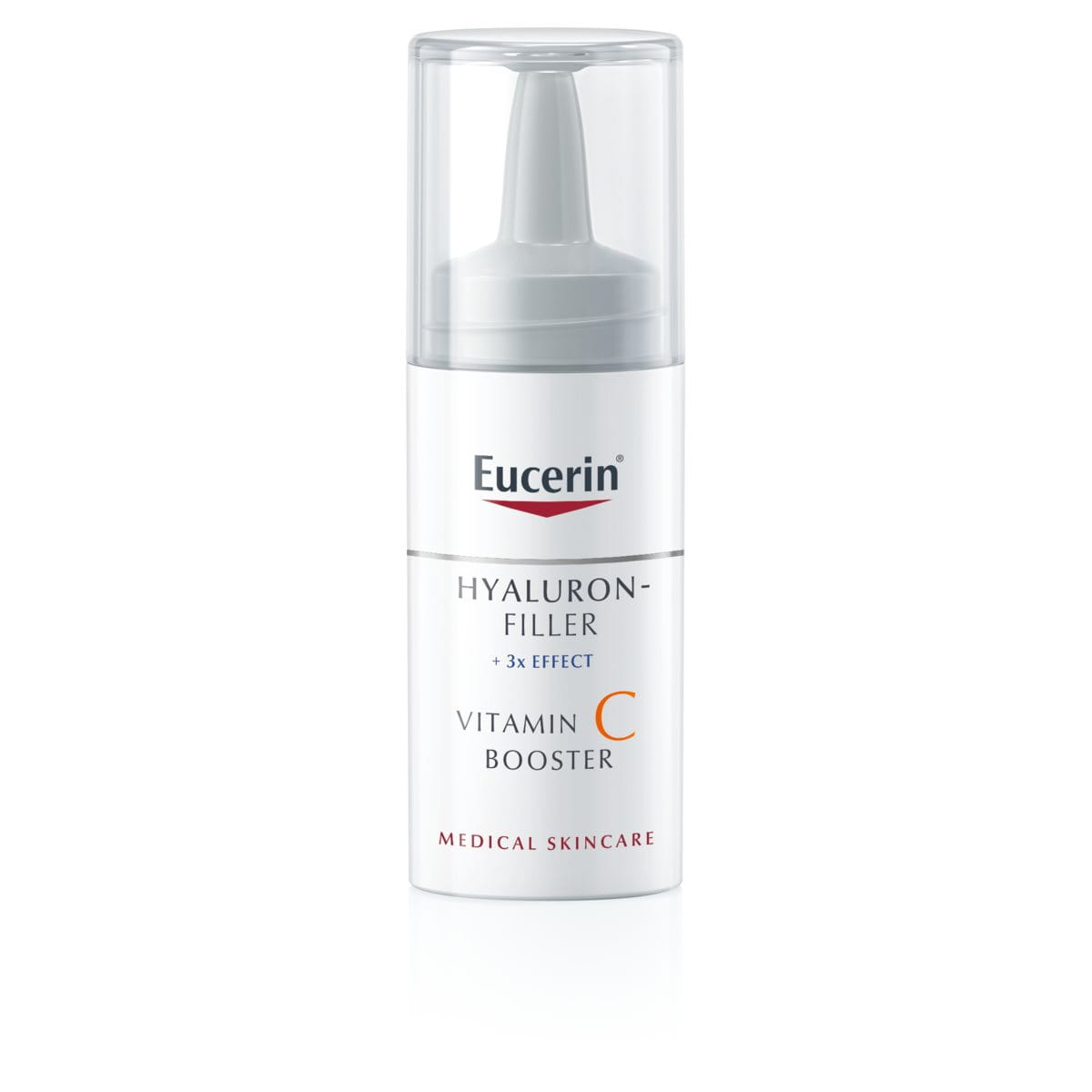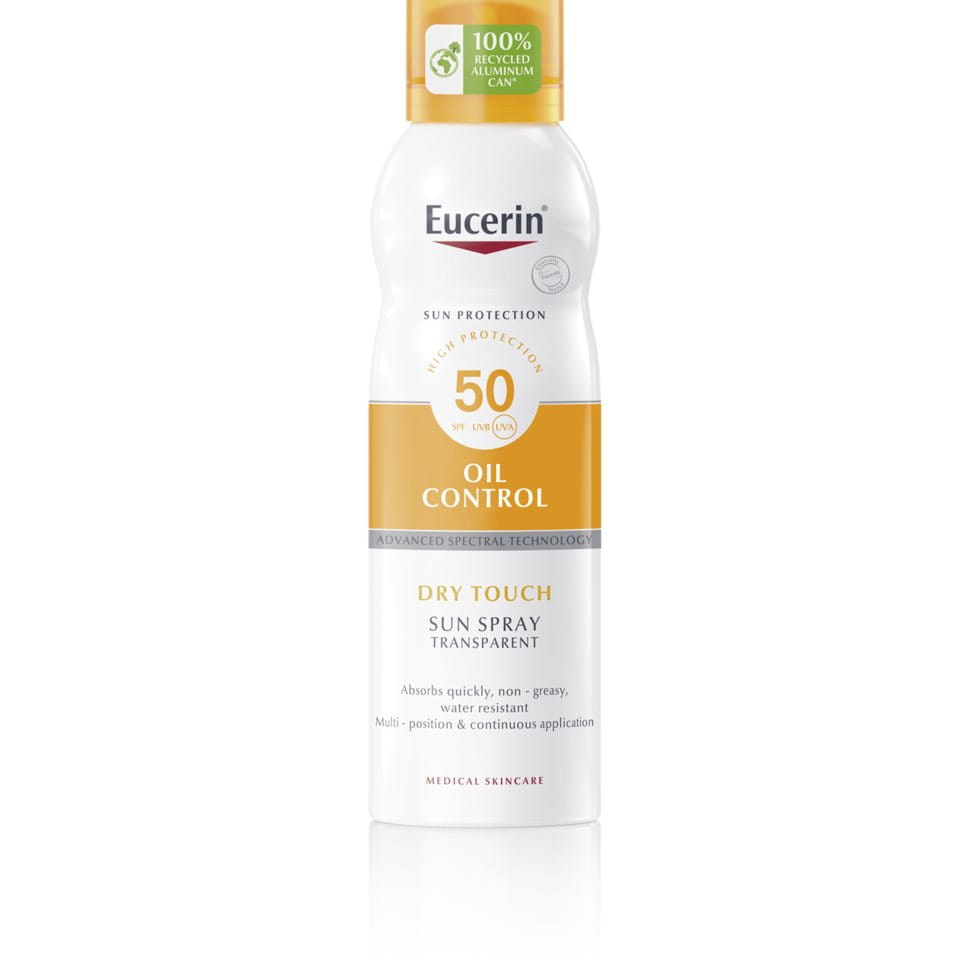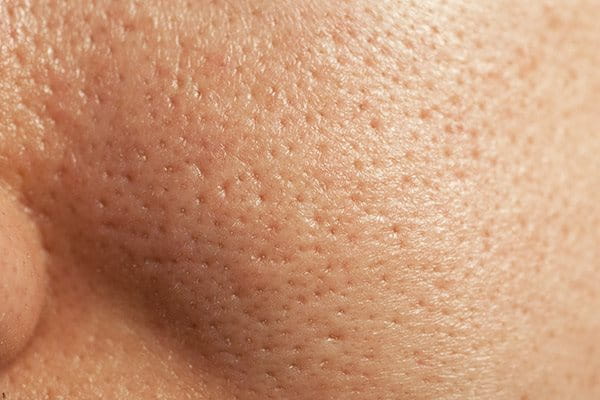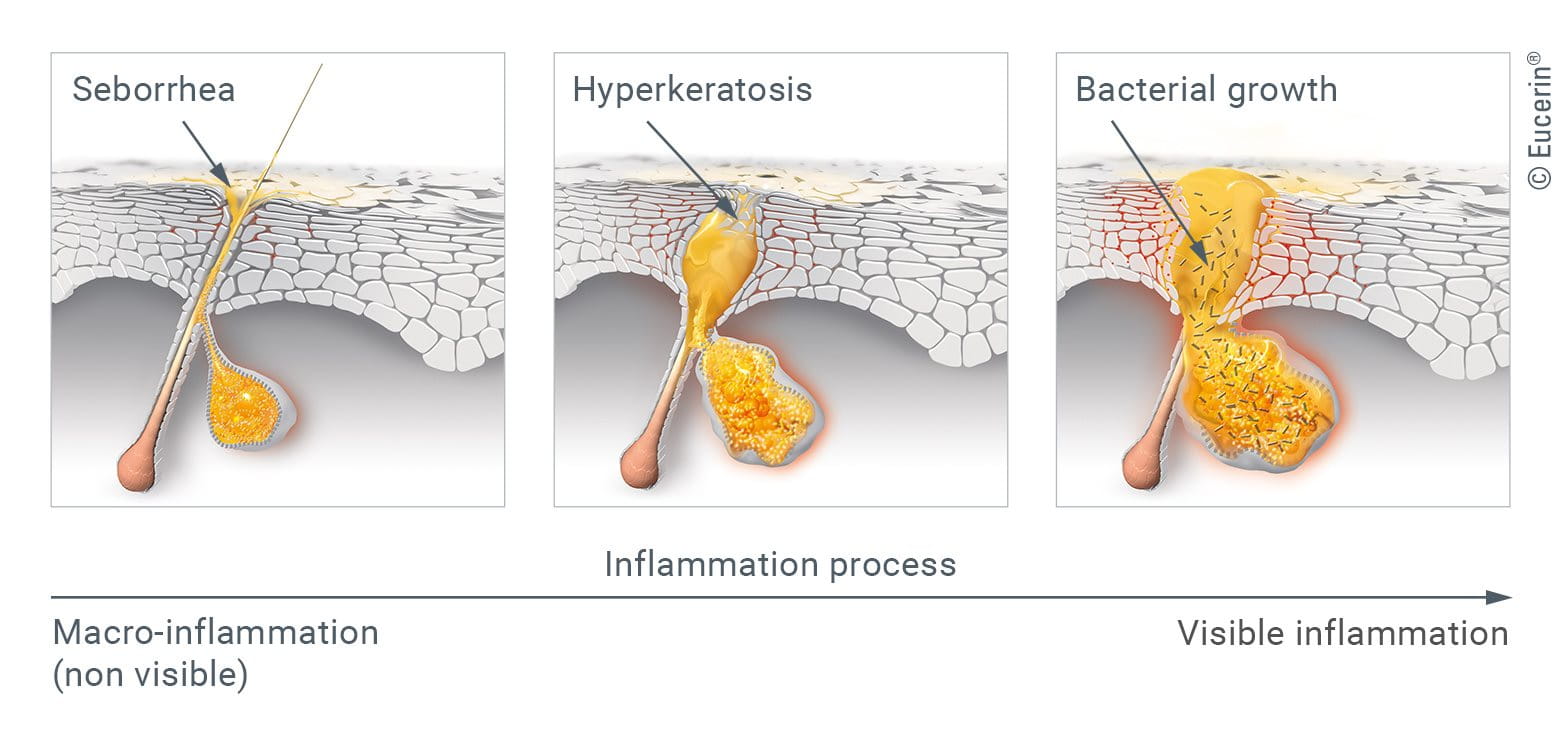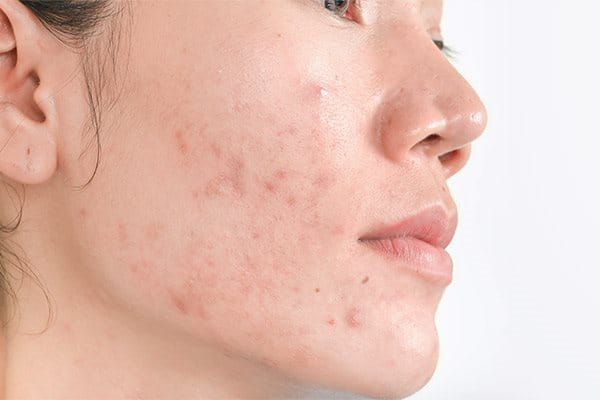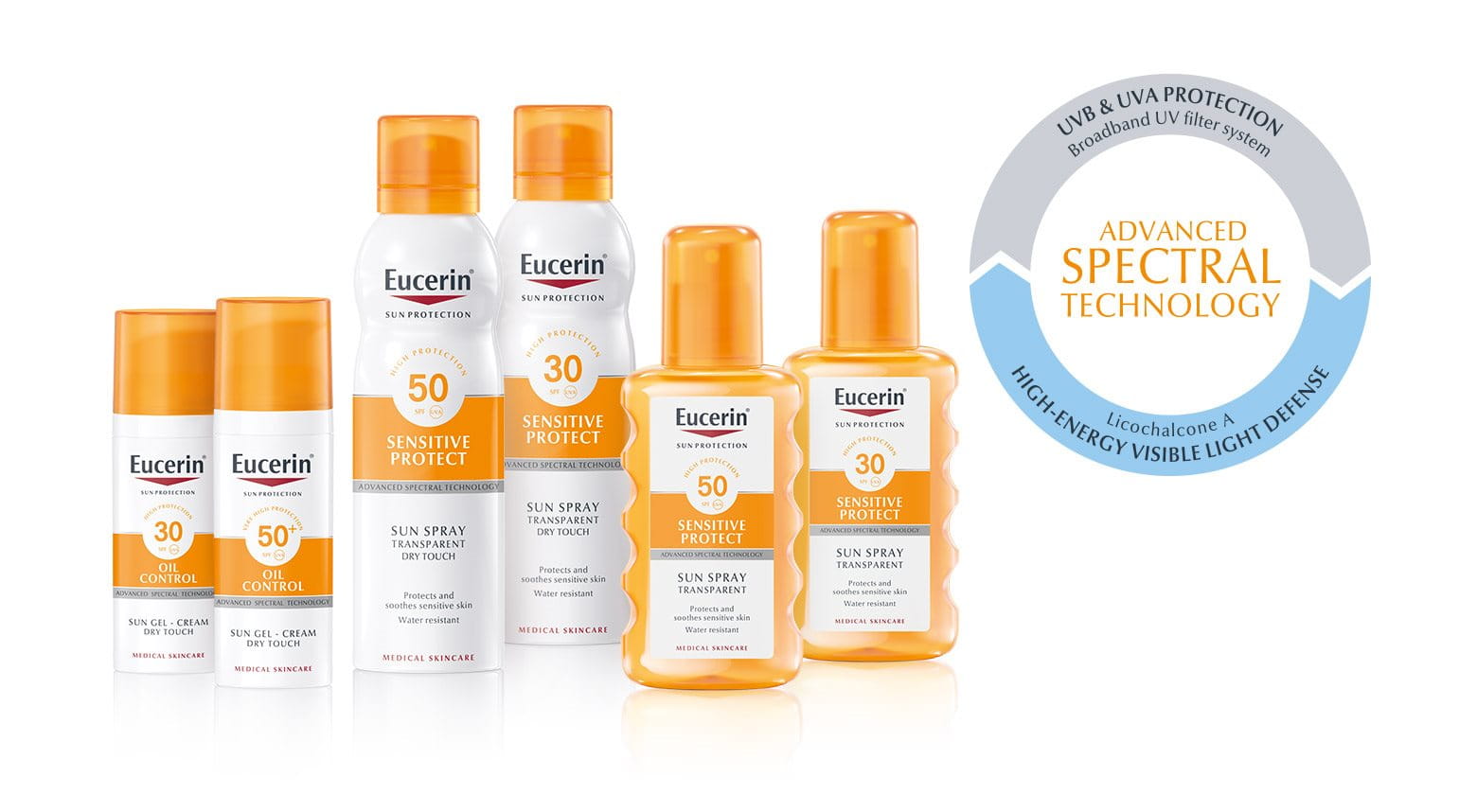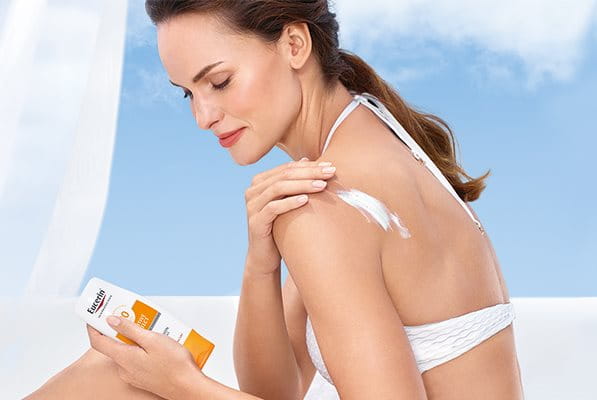Sun in essential to our psychological and physical wellbeing. An appropriate amount is good for our skin too – it can help to reduce inflammatory conditions such as acne and Atopic Dermatitis – but too much sun is harmful for the skin and can cause sunburn and, in the worst cases, skin cancer.
This article looks at both the positive and negative effects of sunlight and explains how over-exposure to UV rays can exacerbate acne and make matters worse rather than better.


